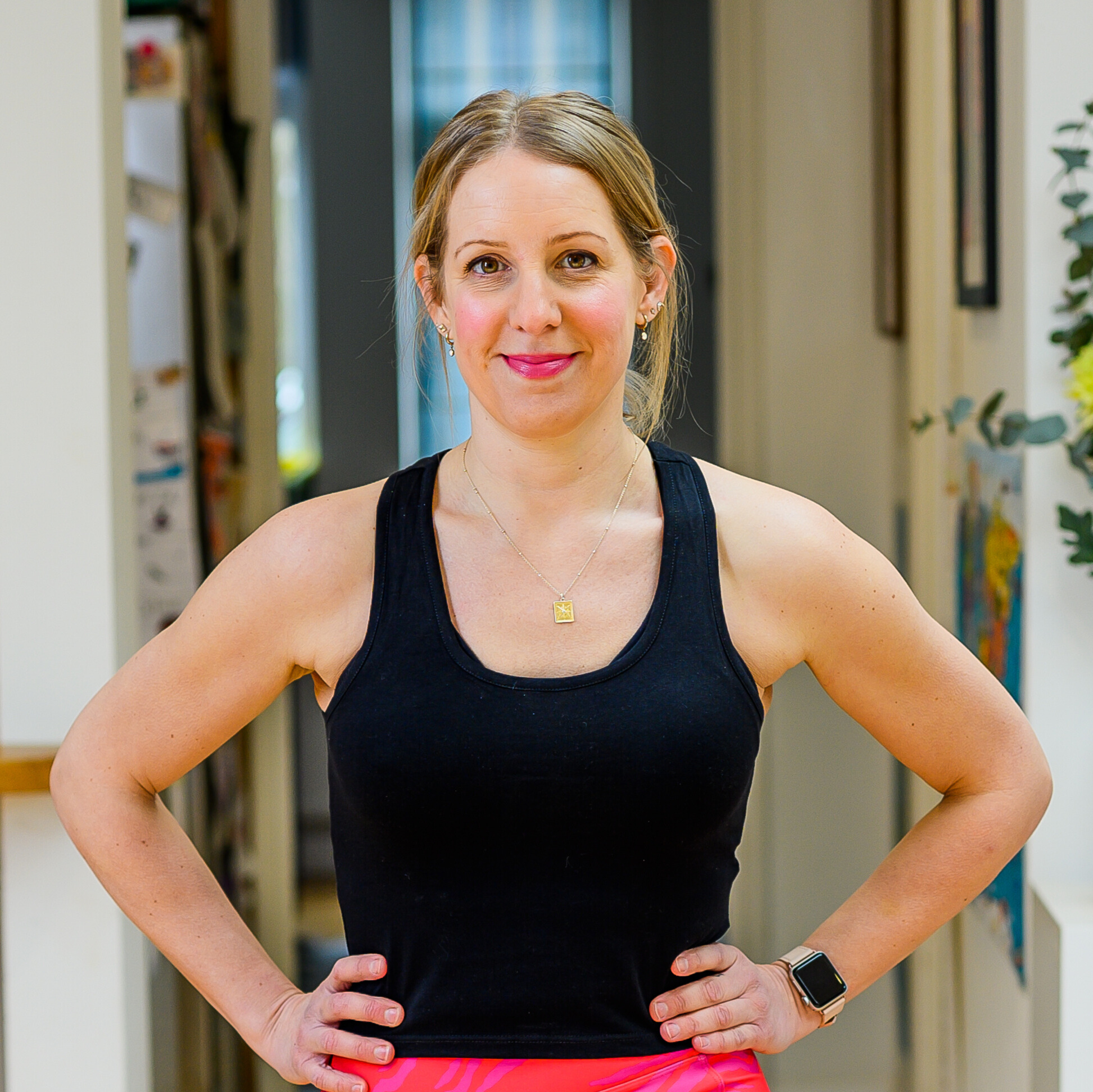Dietitians explain the difference between whey protein and whey isolate
Whey is the most popular type of protein powder, but it's available as concentrate or isolate. Here, dietitians explain the difference

Becks Shepherd
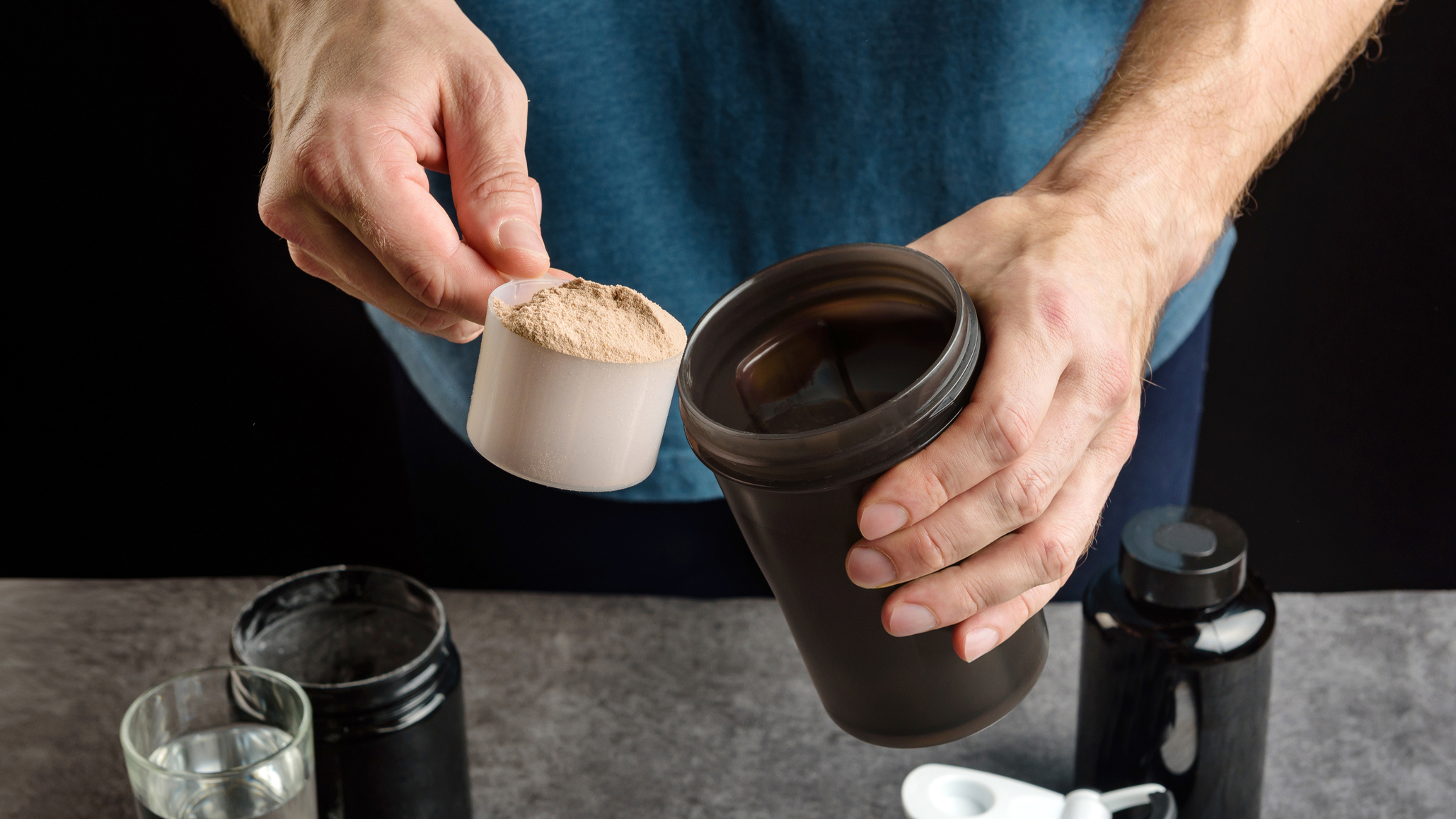
Start your week with achievable workout ideas, health tips and wellbeing advice in your inbox.
You are now subscribed
Your newsletter sign-up was successful
If you buy protein powder, the odds are it will be whey protein—for instance, most of my recommendations in the best protein powder for weight loss contain whey protein. But there are two main types of whey protein: concentrate and isolate. Isolate tends to be more expensive, which must mean it's better, right? Well, it's different, for sure, but better will depend on you and your goals. To help you figure out which is best for you I've spoken to two expert dietitians for a whey protein concentrate versus whey isolate head-to-head.
How is whey protein made?
"In the process of making cheese, enzymes are added to milk that cause it to curdle, separating the liquid whey from the solid curds," says Theresa Gentile, spokesperson for the Academy of Nutrition and Dietetics. "The liquid part is the whey, which contains lactose and fat. Manufacturers pasteurize and dry the whey to form a powder."

Theresa Gentile, MS, RDN, CDN, is a national spokesperson for the Academy of Nutrition and Dietetics. She is the coordinator of the home enteral nutrition program at Maimonides Medical Center and owns a nutrition consulting practice. She previously served as an adjunct faculty member at CUNY Brooklyn College and has earned the Distinguished Dietitian of the Year Award from the Greater New York Dietetic Association.
What's the difference between whey protein concentrate and whey isolate?
Whey isolate undergoes even more processing to remove more of the fat, carbs and lactose (milk sugar), making it leaner and higher protein.
"Whey protein isolate is higher in protein and lower in fat and carbs than concentrate," says Kylie Bensley, registered dietitian and founder of Sulini Nutrition. "It also contains less lactose so may be more appropriate and tolerable for people with lactose intolerance and sensitivities, but isolate does tend to be more expensive."
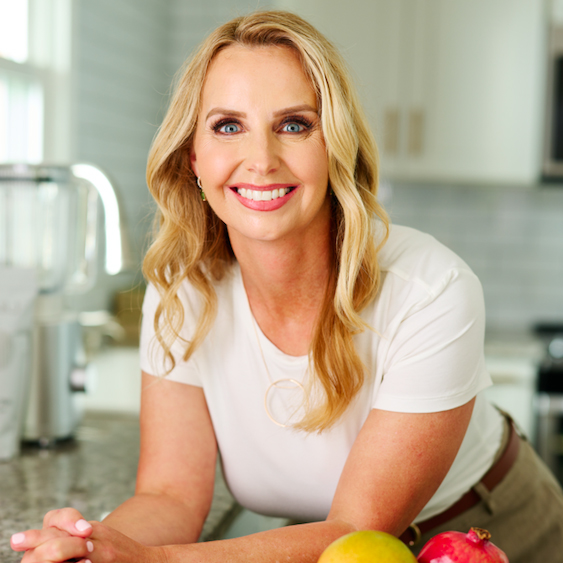
Kylie Bensley is a highly-regarded clinical dietitian with a wealth of expertise in nutrition. Bensley has spent over a decade working in renowned medical facilities in Boston and Cambridge, MA. Throughout her extensive career, she has provided invaluable guidance to patients recovering from surgery, establishing herself as a leading and trusted authority in the field.
Is whey isolate good for weight loss?
The profile of whey isolate means it may be a better choice if you're using it to help with weight loss. "Whey isolate is lower in calories, lactose and fat than whey concentrate, and since protein causes fullness—known as satiety—it’s often a go-to source for weight loss goals [because of the generally higher protein content]," says Bensley.
But Bensley stresses that consuming protein powder alone will not cause weight loss and you need to be in a calorie deficit. "What is important is how you utilize your protein," says Bensley. "At the end of the day, the calories are what matters most."
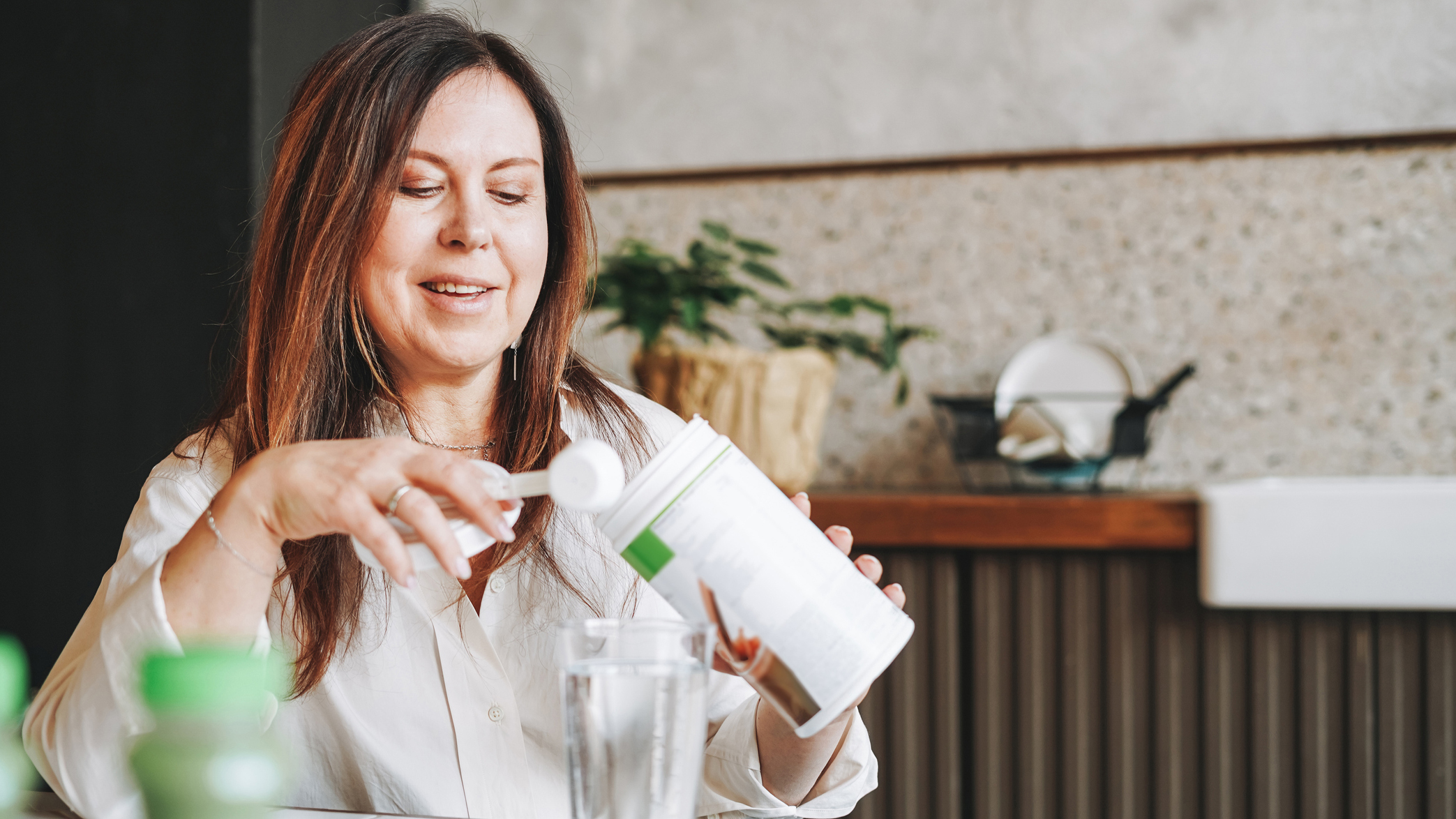
Is whey isolate better for building muscle?
"Protein powder alone will not make you stronger, however, when paired with resistance training, taking protein powder can promote increased muscle mass strength," says Bensley. She said that whey isolate is better for building muscle because it has a higher protein content.
"Whey protein isolate contains over 90% pure protein content with under 1% lactose or milk fat. Whey protein concentrate can offer anywhere between 10-15% protein content per serving with over 50% lactose and almost 2% fat," says Bensley.
Why is whey isolate more expensive than whey protein?
Whey isolate is more expensive than whey protein because it undergoes more processing to purify the protein. The end result is that it has more protein per scoop, as well as less fat, carbs and lactose, which is why it costs more than whey concentrate.
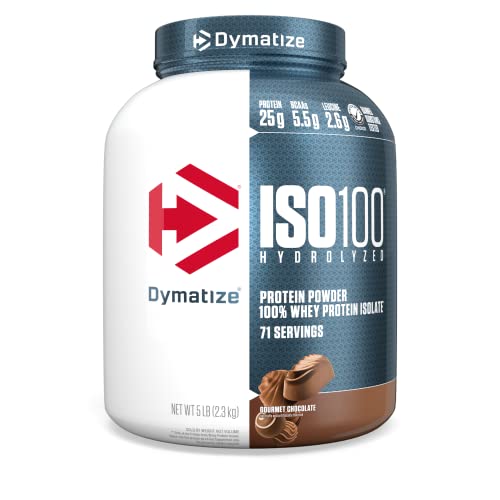
Looking for a premium whey protein isolate? My current favorite is Dymatize ISO100, which has 25g of protein, only 0.5g sugar, 0.6g of fat and 114 calories per 32g scoop, and offers good value for money. It comes in 16 gluten-free flavors, my favorite being Gourmet Chocolate, which mixes really well into a shake, and tastes just as delicious in oatmeal and pancakes. I've often found that low sugar and low fat protein powders can be bland, but this one bucks that trend.
Start your week with achievable workout ideas, health tips and wellbeing advice in your inbox.
Maddy Biddulph is a journalist specializing in fitness, health and wellbeing content, with 26 years in consumer media working as a writer and editor for some of the bestselling newspapers, magazines and websites in the US and UK, including Marie Claire, The Sunday Times and Women’s Health UK.
She is a CIMPSA-certified PT and works one-on-one with clients, as well as running Circuits Club classes which mixes cardio and strength training and chair-based exercise classes for seniors.
